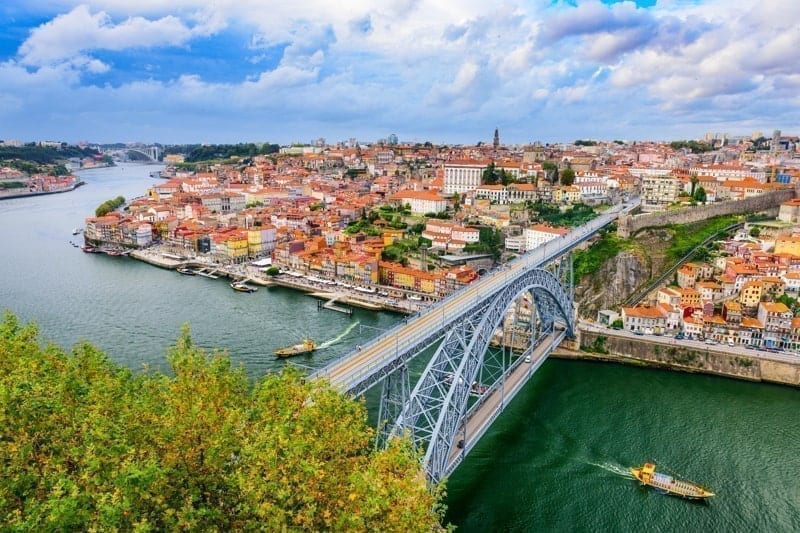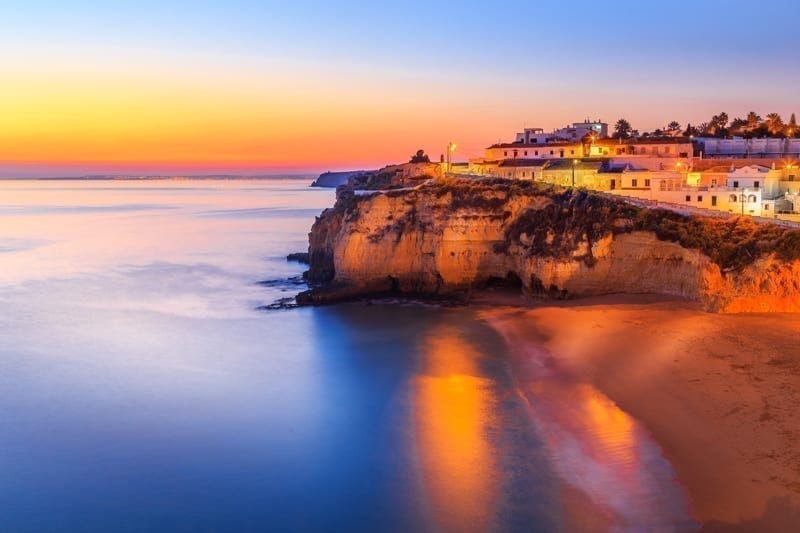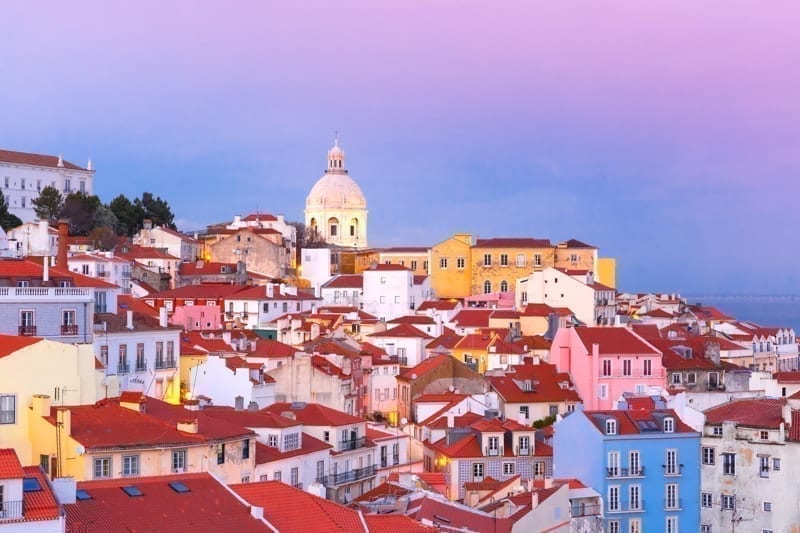Europe is comprised of 51 countries, and the EU includes 27.
Among these, I put Portugal at the top of the list for anyone looking for a place to live, to invest, or to formulate a Plan B in Europe.
What’s So Special About Portugal?

I haven’t been to every country in Europe yet, but I have spent time in nearly every one. I’ve also invested in many European countries and have lived in two.
Portugal stands out from the crowd in this part of the world for two reasons.
#1. Portugal’s Residency Programs
First, Portugal offers a competitive residency-through-investment program. You can invest as little as 280,000 euros in a piece of property in this country and qualify for residency under its Golden Visa program. That program requires you to be physically present in Portugal on average only seven days a year.
You could put a backup residency plan in place that you could maintain simply by taking a Portugal holiday each year.
If you don’t want or don’t have the funds to invest in real estate to qualify, you could obtain residency in Portugal by showing as little as 1,200 euros a month in income from outside the country. The downside here is that this residency option comes with a bigger in-country presence requirement of 183 days, enough to make you a tax resident in Portugal.
#2. The Non-Habitual Resident Program
However, the second advantage Portugal offers compared with the rest of Europe is its Non-Habitual Resident (NHR) program.
This unfortunately named program isn’t about residency but taxes. Once you have established legal residency, you can apply for NHR status. If you qualify, you enjoy significant tax benefits for your first 10 years of residency in this country.
Of course, other European countries offer residency through an investment in real estate (including Spain, Ireland, Malta, and Latvia, for example), and other places in Europe qualify as low- (even lower-) tax jurisdictions.
In Portugal, though, these advantages are coupled with great weather, low costs of living and of real estate (30% lower on average than anywhere else in Western Europe), and the ability to get by with English if you locate yourself in an expat area such as Algarve or Lisbon.
The Algarve Region

Portugal’s sunshine has been attracting Northern Europeans for decades. The Algarve enjoys more than 3,000 hours of sun a year, more than most any other destination in Europe. While summers can be warm, even hot by some standards, reaching into the 90s, most of the year is comfortable, with lows in the 40s during December and January.
One downside to the Algarve is that many of the towns are seasonal. Restaurants and services shut down when the tourists go home.
The good news is that all those tourists haven’t pushed up prices… and the pandemic has kept tourists away for most of the last year.
Prices are higher than when Kathleen and I began spending time in this country a decade ago… but, still today, when we return, we continue to be struck by what a great bargain this place can be. You can take a friend out for a nice dinner in a nice restaurant for 15 euros a person, even in the heart of the tourist zones. Venture off the tourist path in the Algarve, and you can enjoy an excellent meal for less than 10 euros a person. You’ll have more fun, too.
Language Is Another Advantage
Another significant benefit for anyone shopping for a Plan B destination is that you don’t have to learn to speak Portuguese if you don’t want to. Many locals speak English. While some may not be able to debate global economics with you in English, I’ve met few Portuguese who couldn’t get by in English, and in my experience many are fluent.
What About Culture?
This is Continental Europe, with all the cultural trappings you associate with that status. Portugal is also one of the most historically rich points on the planet, and Lisbon is the second-oldest European capital (after Athens), four centuries older than Rome.
That said, you’ll find greater cultural options in France and Italy. That is partially a result of population sizes. Portugal is a country of only 10.3 million people, with 3 million living in the Lisbon area.
What About Safety?
Old maps of Europe show the southwest corner of Portugal as the end of the world. This country is surrounded by water and Spain, meaning limited access. As a result, Portugal has been spared the refugee crisis that other European countries have recently struggled with.
Portugal enjoys low violent crime rates and is ranked as one of the safest countries in the world. The only real safety concern is petty crime in the tourist areas.
What About Air Access?
You have good options for daily flights from the United States to Lisbon. From there you can connect or drive easily to anywhere else in the country. From Lisbon, Faro, and Porto, you have many direct flight options to destinations across Europe.
Again, Portugal makes the grade whether you’re looking to live in Europe full-time, to invest for capital appreciation (thanks to undervalued pricing) and cash flow (thanks to the healthy tourist trade), or a Plan B.
All things considered, I say again: Portugal is your best choice in Europe right now.
Maybe in the world.
Lief Simon
Editor, Offshore Living Letter










